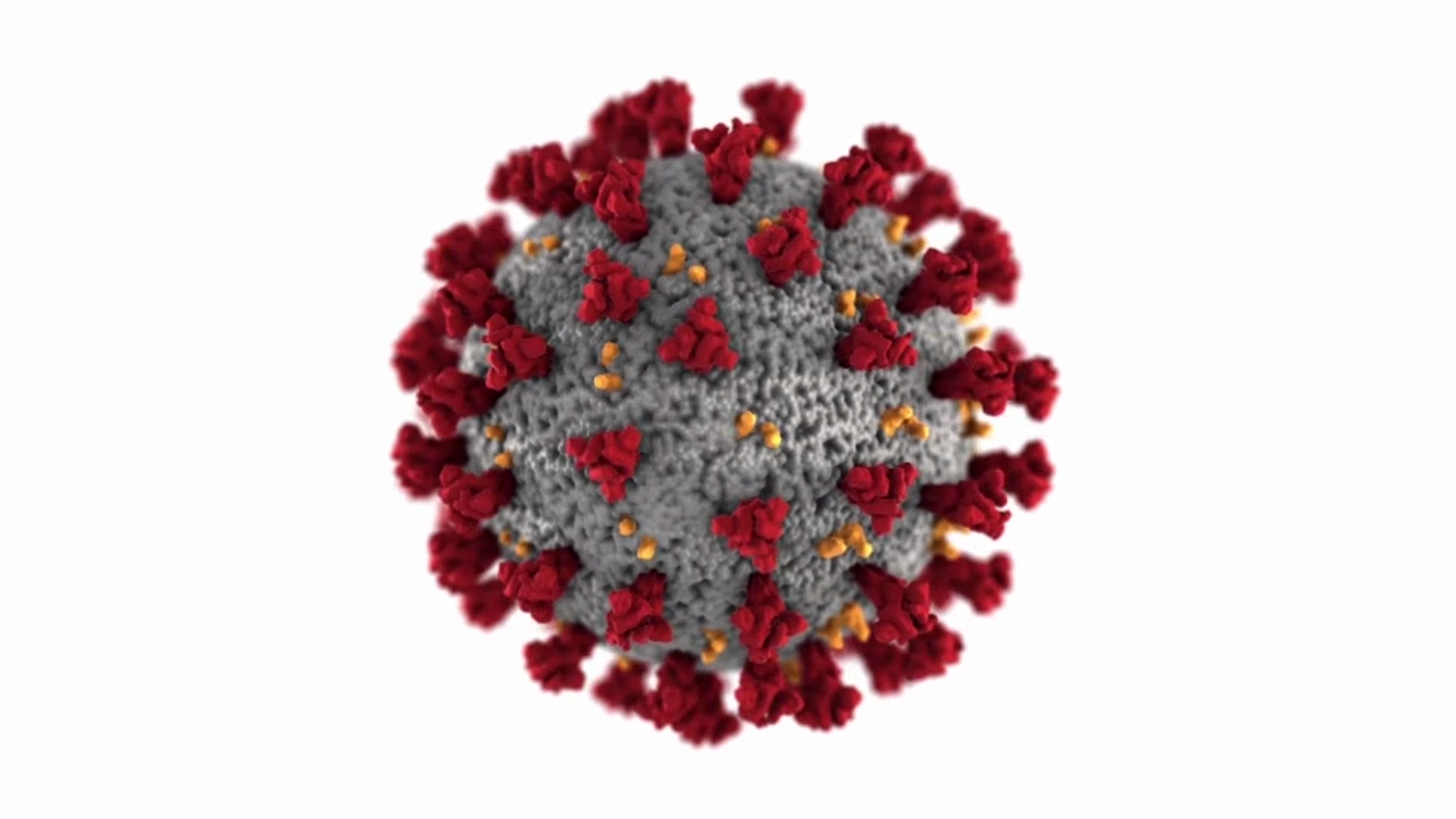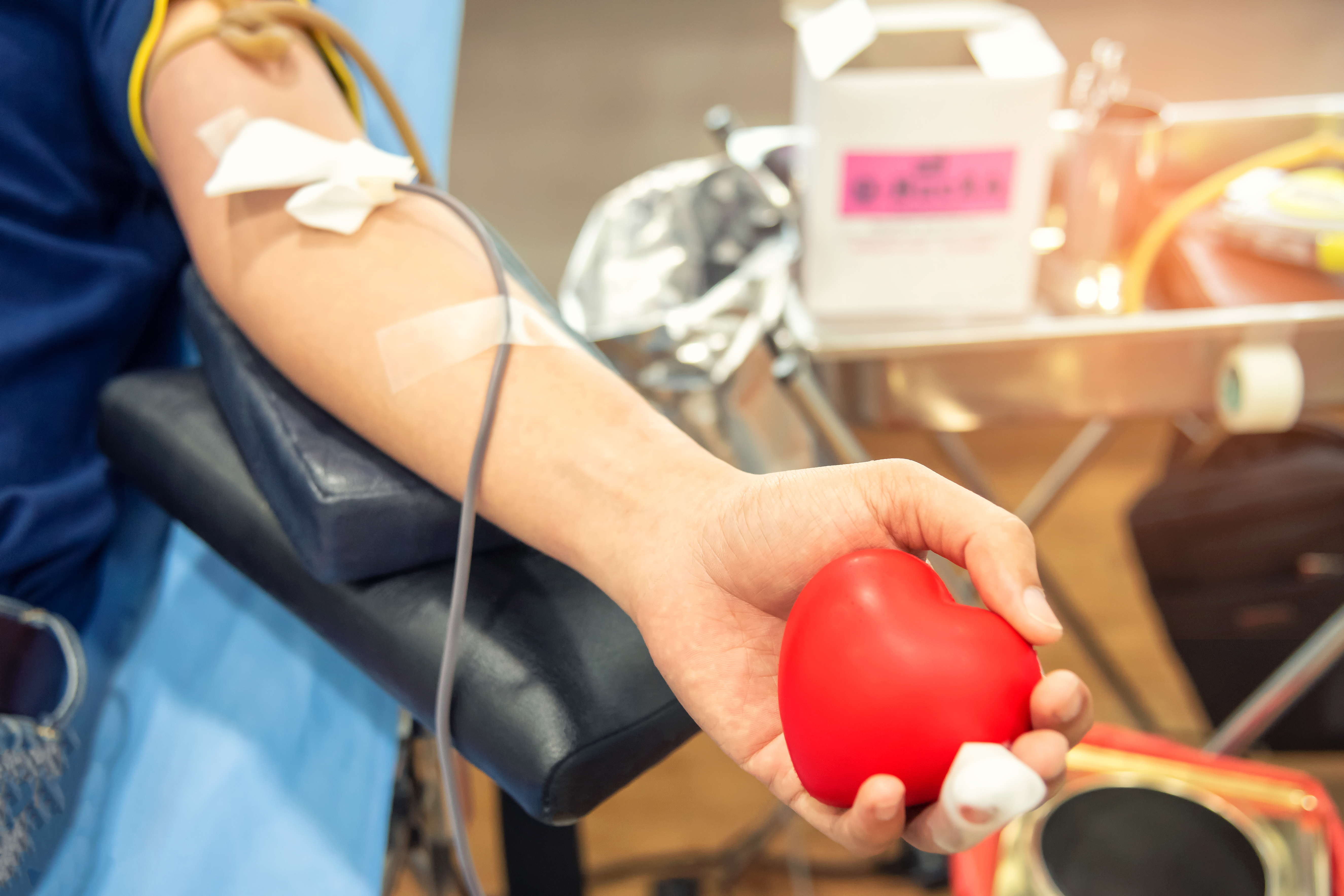Since the beginning of May, the San Diego County Health Department has investigated more than 5,000 close contacts of positive COVID-19 cases. That number is expected to grow as businesses begin to reopen and with it, more challenges are expected.
“As we see more of the community acquiring the virus through, getting back to normal activities, that’s going to be a challenge for us, and we’re going to find creative ways to overcome those challenges,” said Jeff Johnson, M.P.H., Senior Epidemiologist with the county Epidemiology and Immunization Services branch.
Contact tracing is an integral part of the county’s so-called “3-T’s” strategy – test, trace, and treat.
Johnson oversees the county’s contact tracing efforts. Right now, he says 85% of close contacts come from the same household, which makes the job easier because family members are most likely willing to cooperate.
“As we open more and more society, we’re going to see kind of more contacts that are associated with other parts of society, not just the households,” said Johnson.
The concern is that contacts may not be as willing to cooperate or may be more difficult to track down.
“We want to impress upon them, really, their civic duty to help us stop the spread of this virus within our county, and keeping our county safe and healthy and thriving,” Johnson said.
Local
And there are also people who may be cynical of the process.
“My biggest concern with contact tracing in San Diego is there are quite a lot of people here who do not trust either the county or any government entity,” said Rebecca Fielding Miller, PhD.
Miller is a social epidemiologist who says pre-existing social issues could also impact the level of cooperation.
“I would say that people’s distrust is very real and very valid, and it’s important to be empathetic to that,” Miller told NBC 7.
Johnson agrees and says the county is working to build a trusting relationship with potential contacts.
The county currently has more than 400 contact tracers and case investigators who work seven days a week.
Johnson says tracers will never ask for personal information that includes social security numbers, financial records or immigration status.
Tracers will attempt to stay in touch with close contacts over the 14-day period they’ll likely be asked to quarantine.



